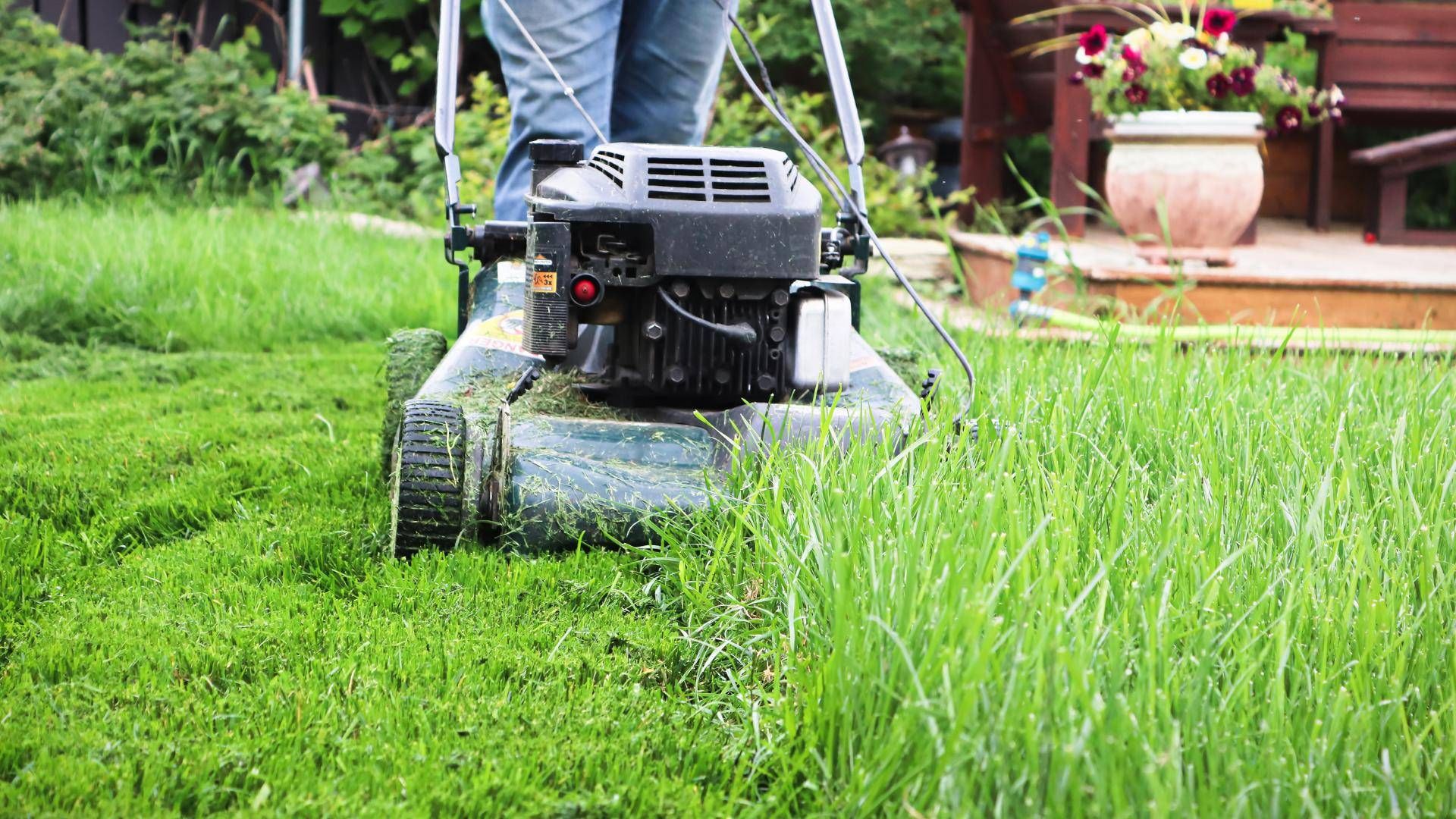We know that paying a security deposit (also known as a tenancy deposit) requires the down payment of a substantial sum – and that tenants want this refunded in full at the end of their stay.
There is, however, a common stumbling block that prevents deposits being returned and that’s cleaning. In fact, the latest Statistical Briefing by The Deposit Service – which represents the Tenancy Deposit Scheme, SafeDeposits Scotland and TDS Northern Ireland – found poor standards of cleanliness was the top reason for deposit disputes across the UK.
The cost of cleaning
While a watermark here and a wine stain there may not feel like a big burden, these types of cleaning issues can cause the landlord financial loss. If re-renting the property, the landlord will need to restore each room to a good condition, potentially involving a specialist cleaner or a void period while repairs or replacements happen. If standards have slipped during the tenancy, the landlord may want financial compensation to cover their cleaning costs and this can be deducted from the deposit.
Comparing notes
The expectation is that tenants hand back the property in the same condition it was on day one. An inventory just before the tenant moves in will document how clean the property is, and will become the benchmark for how clean the property should be when the keys are returned.
Never underestimate how detailed an inventory can be, with every nook and cranny inspected. When the renter moves out, a check out inspection will take place and the same areas will be examined again. Having two reports will enable the landlord or their agent to compare the condition and see if new stains, marks, mould and limescale have appeared.
A detailed inventory and check out will cover aspects such as:
- Grease and burnt-on food on ovens, hobs and extractor hoods
- Mould, detergent residue and odours in washing machines and dishwashers
- Dust and cobwebs on surfaces such as skirting boards, light fittings and curtain poles
- The condition of window sills, door frames and doors
- Marks or staining to walls, floor coverings, ceilings and electrical sockets
- Rubbish or food residue left in kitchen and dining areas
- Mould and limescale in kitchens and bathrooms
Keeping standards high during the tenancy
Yes, there are better ways to spend your free time than cleaning but keeping on top of housework during the tenancy will ensure you’re not faced with an uphill struggle at check out. As well as regular vacuuming, dusting and wiping down, there are a number of other, less frequent cleaning jobs that can prevent damage that may lead to deposit deductions.
Keeping the property well ventilated when cooking, bathing and drying washing will help prevent the formation of hard-to-remove mould and mildew. Limescale is another hot spot but regular treatments – either home remedies based on lemon or vinegar, or shop-bought solutions – can stop thick layers of limescale building up. It’s the same principle with ovens – a ‘little and often’ approach to cleaning will stop grease, carbon deposits and burnt food from forming a stubborn coating.
DIY versus professional clean
If you have the time and patience, it’s perfectly possible to perform your own end of tenancy deep clean. You’ll need to be armed with the right cleaning products and the inventory to get the best result. The latter will ensure you’re restoring the property back to its original state of cleanliness and not trying to rectify what was already marked when you moved in.
If you don’t have the time or inclination to perform an end of tenancy clean, many professional cleaning companies will offer tenants a one-off deep clean specifically designed to target the areas scrutinised at check out. They’ll dust, degrease, vacuum, mop, wipe and shine on a tenant’s behalf.
It’s worth noting that the Tenant Fees Act 2019 prohibits landlords inserting a clause in their tenancy agreement that requests tenants to organise and pay for their own professional clean-up prior to move-out. Calling in the professionals is merely a question of choice, rather than a mandatory requirement.
If you would like any advice about tenant responsibilities or have any deposit questions, contact our lettings team today.
Share this article
More Articles
Sign up for our newsletter
Subscribe to receive the latest property market information to your inbox, full of market knowledge and tips for your home.
You may unsubscribe at any time. See our Privacy Policy.



